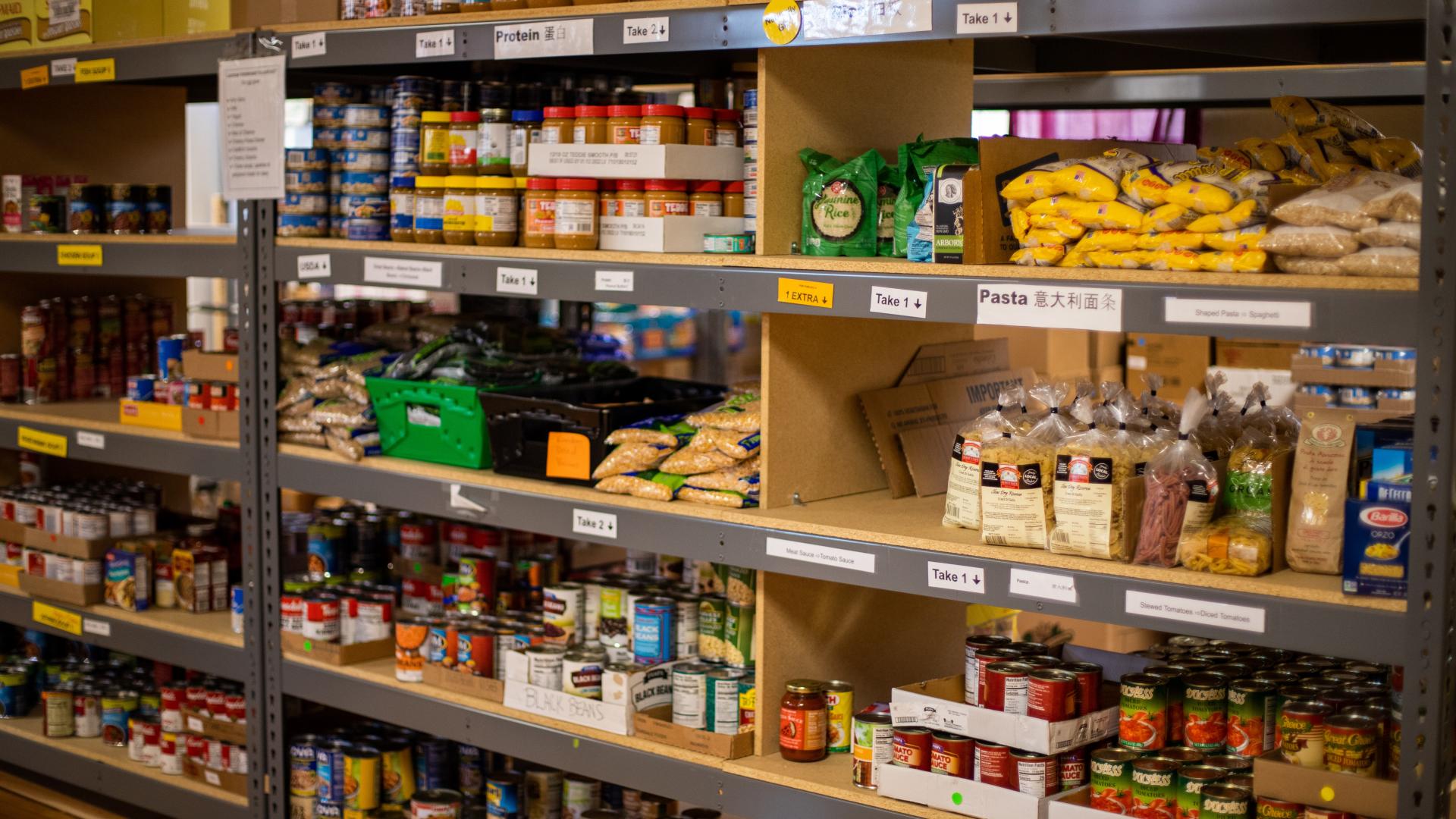Ben Roberts
Every other Saturday, I volunteer at my local food bank. Over the course of a few hours we weigh, itemise, display, distribute, and pack away hundreds of kilos of foodstuffs. The result is rewarding: I get to make friends and meet members of the community, all while sending every patron home with healthy food for themselves and their families.
Despite my time spent dishing out meals alongside the organisers of the project, I am still in total awe of their dedication to feeding people. Working for free, they spend their week liaising with supermarkets, donors, and volunteers, travelling all over to collect donations, and manage to keep the community fridge alive seemingly through sheer force of will. But even despite the best efforts of these incredible individuals, the past few years have seen a huge rise in demand, and new challenges arising to keep stocked. Worryingly, this is the case nationwide.
The rising number of food bank attendees is the inevitable result of the current cost of living crisis. Our research reveals that three out of every five members of the public (62%) anticipate needing to decrease their spend on food over the next year, and the same is true for petrol (58%). More concerning is the enormous two thirds (66%) of the public who plan to reduce their heating and hot water spend in the face of rising energy costs. Projections currently seem bleak, estimating that a quarter of the UK, 14 million people, will be unable to meet the cost of their energy bills after the October price cap rise. As these numbers grow, more people are turning to food banks to ensure they have enough to eat. And it’s starting to widely affect even those with regular incomes.
With the gap between inflation and wage growth its highest rate since records began, it’s thought that roughly one in seven food bank users is in-work as minimum wage fails to keep up with rising costs. Last month, Citizen’s Advice recommended 13,920 people to find a food bank, nearly triple the figure from this time in 2019. Recently both firefighters and NHS staff have been recommended to do the same. It is no wonder then that food banks are springing up at an unprecedented rate, with an estimated 2,572 currently in operation, more than the number of McDonalds and Starbucks venues combined.
It's not just the volume of recipients that’s making life difficult for my local food bank, either. Rising costs affect the projects themselves, both for the energy to keep the fridges running, and for the fuel required to make pick-ups and volunteers’ commutes. Even with everyone’s best intentions and superhuman efforts, it’s becoming a perfect storm of hardship for everyone involved, and maintaining a consistent output is becoming more and more taxing.
There are, however, small actions which can help alleviate these difficulties. Obviously, donate. Many supermarkets already house collection points for donated foods, but it’s worth petitioning those that don’t to begin doing so. Volunteering is also a huge help, and it’s encouraging that our research shows that the younger generations already do so in impressive numbers, with 31% of millennials and 38% of Gen Z having volunteered towards a cause in the last three months. Lastly, if you’re considering donating, you might decide to give in more needy areas. The benefit of not necessarily going local can be that you make a huge difference to a community with greater need, such as those who are consistently failing to meet demand, especially if you’re in a more affluent area with a well-stocked community fridge.
Food banks would ideally serve only as a safety net for members of the public falling on hard times. Reaching a point where even members of the workforce are needing to attend just to keep their heads above water should be of grave concern. Thankfully, campaigns such as those by food bank charity Trussell Trust are underway, aiming to eradicate the need for food banks across the country by promoting policy changes that could alleviate the troubling level of food poverty we have reached in this country. Supporting these projects is of huge importance; reaching the point where they are no longer needed should be what we strive for.
Big shout-out to everyone at Leytonstone Community Fridge for all the great work they do in my area.
Our sector research is available for CAM subscribers, find out more below. Feel free to contact us on twitter @nfp_research about any of the topics discussed today.

